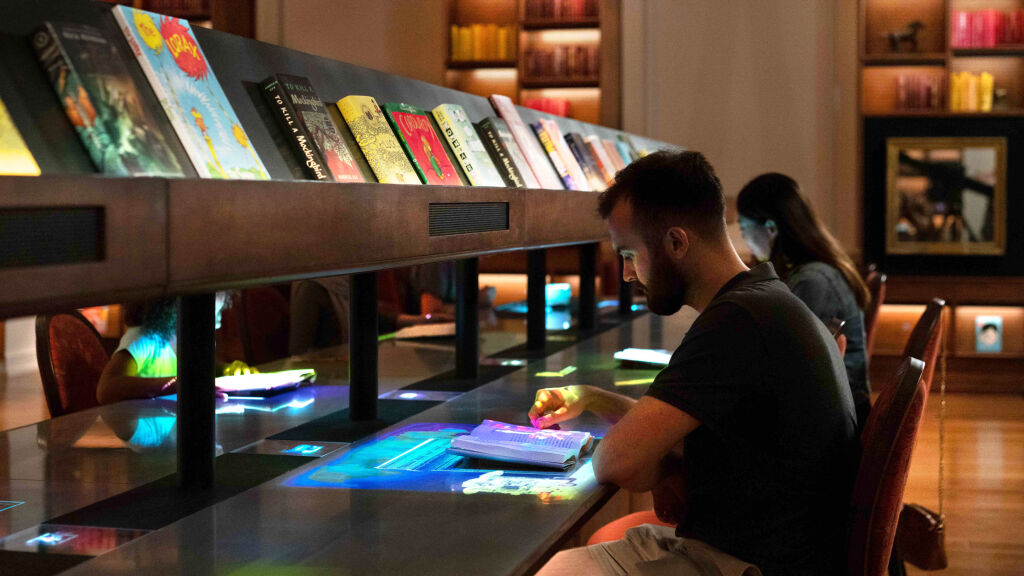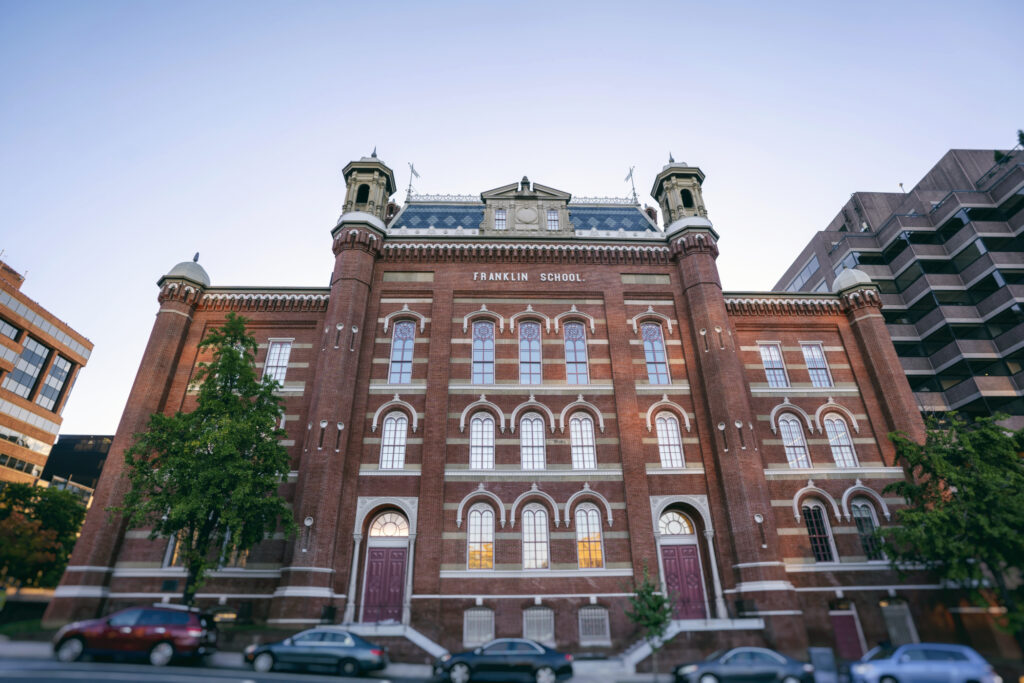Banned Books
If you’ve been following the “word news” lately, you’ll know that the big issue of the last few weeks has been book banning.
Wait a minute, you might be excused for asking, book banning? Is that even still an issue? Isn’t that so 15th century (see Savonarola)? Or Nazi-era Germany or Khomeini-era fatwas?
Well, it turns out, book banning is still with us. It’s an idea that continues to engage and enrage people even today. Book banning seems to be seen as the easy solution to what ails society and threatens the social order. Too often when social mores are changing quickly, when long-held beliefs are being questioned, books that deal with challenges to the status quo are often blamed for causing that change.
We’re at one of those fragile moments right now. So right on cue three book-banning efforts surfaced in the national news:
In November criticism of school book holdings arose in Virginia when the Spotsylvania County School Board directed its superintendent “to reconsider whether every sexually explicit book in school libraries should be kept or permanently removed,” but as reported in the Washington Post on Nov. 17, 2021, the board rescinded its directive in the face of widespread criticism, including that of a librarian who told the Free Lance-Star news service, “if you have a worldview that can be undone by a novel, let me suggest that the problem is not the novel.”
That same month two books on LGBTQ topics were removed from Fairfax County, VA, school library shelves when two parents complained about them. In that case the books were re-instated after undergoing prescribed review procedures, because, the reviewers said, “students with underrepresented identities could relate to” the material in the books.
Thank goodness in those two cases, reason prevailed.
But still pending is a case that arose in October in Texas. State Representative Matt Krause emailed a list of 850 books to superintendents, asking them if the books were on their library shelves and how much money had been spent on them. He alleged that the books might “make students feel discomfort, guilt, anguish, or any other form of psychological distress because of their race or sex.”
A Dec. 10, 2021, New York Times story about Krause’s list of the 850 “questionable” books garnered more than 1200 comments. The vast majority expressed horror at the idea that anyone would be talking about banning books in the 21st century, but quite a few comments also wryly pointed out that physical books are hardly the problem in this day and age. Removing them from library shelves hardly matters in an era when any book is available in all sorts of formats, few of which involve hard covers or paper pages. If students want to access the contents of a book, they reminded readers (probably unnecessarily), they can try the public library or ebooks or audible books.
Or as one New York Times reader commented, the internet makes worrying about physical books on shelves meaningless. “That stuff is on our phones.”
So if there were ever acceptable arguments for banning books, there surely aren’t anymore.
This brouhaha reminds us once again of how vulnerable books are and how we constantly have to reinforce the value of being free to choose what to read, of the value of being free to read books that make us question our opinions, that make us rethink our assumptions about how the world works. Critical thinking, the skills that come from wide reading and debate, will make us better educated, more informed citizens, and smarter voters.

Ann wearing banned book socks
So how can we encourage that wide reading?
At Planet Word, where our mission is to renew and inspire a love of words, reading, and books, that means we have tried to find books that speak to the concerns and lived realities of would-be readers. We try to bring books of all different types to life: graphic novels, novels in verse, or nonfiction, like cookbooks and how-to books — whatever a reader might most enjoy. We tried to find books about young people discovering their sexual identity, books set in sometimes violent urban neighborhoods, books written by refugees, books about characters with disabilities, books about characters with magical powers.
But unfortunately those are just the type of books that are most often challenged or banned. And it means that some of the books we’ve selected might be unsettling or uncomfortable. In fact, I remember when I read A Wrinkle in Time back in elementary school (one of the books most often included on banned lists), how scared I was but also empowered and exhilarated by the riveting adventures of Meg, the book’s smart, strong protagonist.
In our Schwarzman Family Library we bring to vivid life To Kill a Mockingbird, Long Way Down, Better Nate than Ever, Between the World and Me, Persepolis, and The Diary of a Young Girl — all frequently banned. But we didn’t choose them because they were often banned, we chose them because of their ability to make readers think, to expose them to ideas and situations that are important, to introduce them to books that might speak to them, to introduce them to characters who might look like them — or not look like them.
Let’s hope talk about book banning finally stops now — an obsolete artifact of the pre-internet era. Of any era. Bring on those books that challenge us and make us think, that create the characters we remember forever, or that help us find a path through our challenging world. Happy Reading in 2022.
—Ann Friedman, founder, Planet Word



